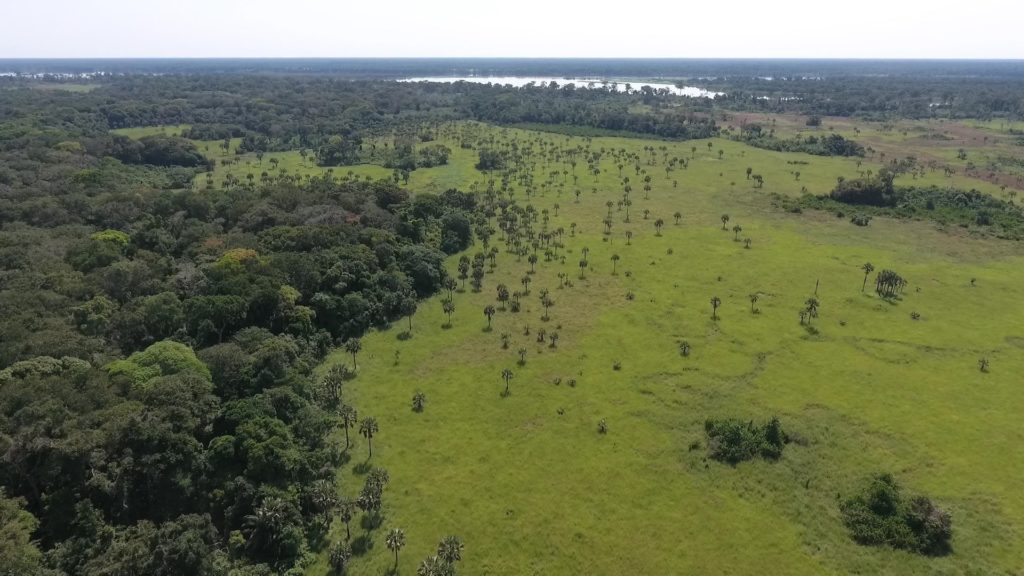The Republic of Congo recently signed a $41.8 million USD agreement with the World Bank’s Forest Carbon Partnership Facility (FCPF) to reduce emissions from deforestation and forest degradation (REDD+). Republic of Congo is home to part of the Congo Basin rainforest, the second largest continuous tropical forest in the world, a biodiversity haven and a significant global carbon sink. This agreement paves the way for Republic of Congo to receive payments between now and 2025 for the reduction of up to 8.4 million tons of carbon emissions through sustainable agricultural practices and protection of forest and wetland areas.

Prerequisites to sign an agreement with the FCPF includes: establishing a forest reference level to assess the performance of emission reduction policies and measures; establishing a benefit-sharing plan to ensure benefits are received at local and community levels, not only at the national level; and establishing a monitoring framework to track land cover changes and associated emissions over time.
The interagency technical cooperation program of the U.S. government SilvaCarbon and the U.S. Department of State Climate Fellows program, through the U.S. Forest Service International Programs, provided targeted technical support to the Republic of Congo government to meet FCPF agreement requirements. Support included input to the finalization of the benefit-sharing plan, capacity building with national technical teams on forest and land-use monitoring methods and estimates, and assisting in the establishment and operationalization of the national forest Measure, Reporting and Verification unit.
This is the sixth signed FCPF agreement in Africa and the first in Africa to test implementation of REDD+ at scale. The program area, the Sangha and Likouala Departments, covers over 12 million ha, including approximately 60% of the country’s forests. Success of such a program has the potential to protect forests, reduce greenhouse gas emissions and provide benefits at the local, department and national levels in the Republic of Congo.